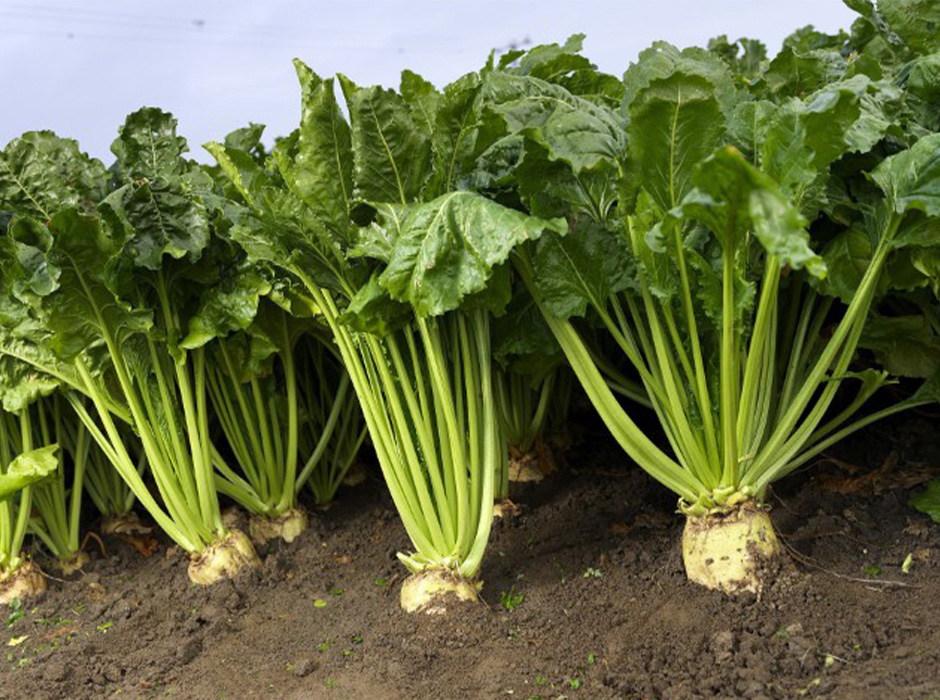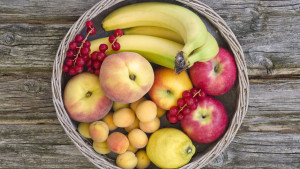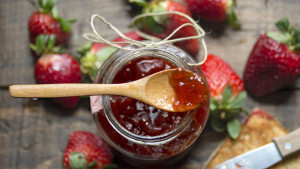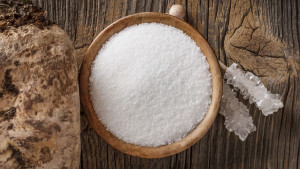HOW SUGAR IS MADE
Below you can find out how sugar (sucrose) is manufactured and the journey it takes from the farm.
Where does sugar come from?
The sugar we see in our sugar bowl is sucrose. It is made up from glucose and fructose and is extracted from sugar cane or sugar beet. Sugar cane is grown in tropical and sub-tropical parts of the world and in the United Kingdom sucrose is produced from sugar beet and provides just over half of all the sugar we consume. Sugar beet is a large pale brown root crop (see picture below), similar to parsnip and has a sugar content of around 16% when it is harvested.

All green plants produce sugars. They create a simple form of sugar (glucose) as their food, through absorbing water and minerals from the soil through their roots and carbon dioxide through their leaves. If a plant makes more food than it requires, it stores it, and this excess glucose is turned into sugar. This sugar is then stored in the roots and is later processed to become the sucrose we consume.
How is sugar made?
Sugar beet production takes place throughout the year in the UK and it involves many stages to get sugar from the beet to the bowl. Even before the sugar beet seeds are sewn, the soil is analysed and fertilised and the fields are ploughed in time for Spring. Once grown, harvesting and delivery begins in mid-September and continues until February or March the following year.
Sugar beet harvesters typically cover six rows at a time and can harvest up to 1,000 tonnes of sugar beet daily. Harvesters cut off the top and leaves of the sugar beet which are used as animal feed for cattle and sheep or are ploughed back into the land as a natural fertiliser.
The beet is then transported to factories for processing. To find out more about what happens to the sugar beet when it arrives at the factory, please click here
| SUGAR FACTS |
|---|
| Britain’s first sugar beet crop was grown and processed in Norfolk over 100 years ago. |
| Today the homegrown sugar industry involves 3,000 sugar beet growers and supports up to 9,500 UK jobs in the wider economy. UK beet production occupies over 100,000 hectares of UK farmland. |



